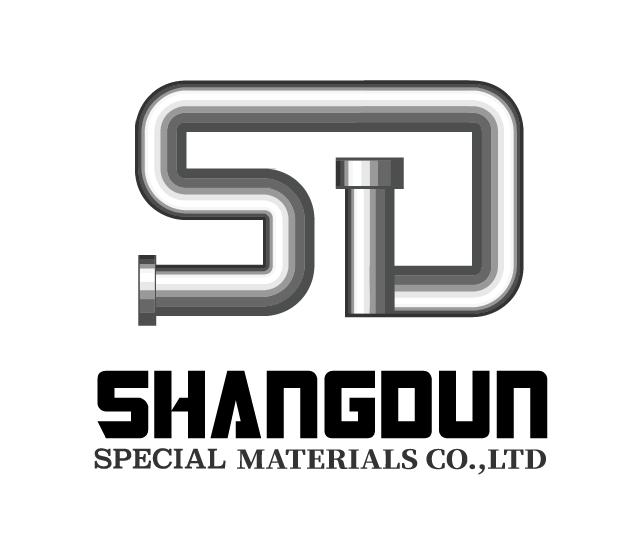In water, the most important problem with alloys with good resistance to uniform corrosion is pitting and stress corrosion, such as stainless steel and aluminum alloys. Although they have good resistance to uniform corrosion, pitting and stress corrosion in water are often accompanied. Born, so you must be very careful and careful when choosing. Ni68Cu28Fe (Monel 400) alloy not only has good corrosion resistance in water environment, but also pitting corrosion and stress corrosion.
1:freshwater. In fresh water and distilled water, Ni68Cu28Fe (Monel 400) alloy has excellent corrosion resistance, and its corrosion rate is usually <0.025mm/a under the conditions of severe temperature, flow rate and air. In mine water containing acidic oxidizing salts, the corrosion of the alloy will become severe, but it is still among the corrosion resistant materials.
2:High purity water. In the pressurized water reactor primary circuit pressurized water, the corrosion rate of this alloy is 2 to 3 times higher than that of 0Cr15Ni75Fe (Inconel 600) alloy and 0Cr18Ni11N6 alloy, but it does not exceed the allowable amount of application.
3:steam. In systems where steam/hot water coexist, such as in a condenser, if carbon dioxide and air (non-condensate) are present in the steam in a certain proportion, the alloy will show significant corrosion. For example: In a steam condensation condition of 71 ° C, when the gas phase contains 70% 002 and 30% air, in a short-term test, Ni68Cu28Fe (Monel 400) corrosion rate is as high as 1.5mm / a. When 002 and air in the gas phase are at other ratios, the corrosion rate is lower. Degassing the water supply or removing non-condensing gases will prevent this corrosion.
4:brine. Ni68Cu28Fe (Monel 400) provides excellent performance in seawater and brackish water at high flow rates. The alloy exhibits excellent serviceability under conditions of cavitation and erosion. Therefore, in a salt water environment, it can manufacture propellers and shafts, pump shafts, impellers and condenser heat transfer tubes. Another important use of this alloy is in the manufacture of structural components for the prevention of seawater corrosion in the splash zone of marine production platforms. The corrosion rate does not exceed 0.025 mm/a in seawater with strong agitation and air, but in stationary seawater, Ni68Cu28Fe (Monel 400) alloy is prone to pitting corrosion, but its expansion speed is very slow, a few years later Its depth will not exceed 3 years. The results of the three-year test in static seawater are shown in Table 5-18.
Table 5-18 Results of 3-year exposure test in stationary seawater
|
Leave Your Message
Post time: Mar-20-2019




